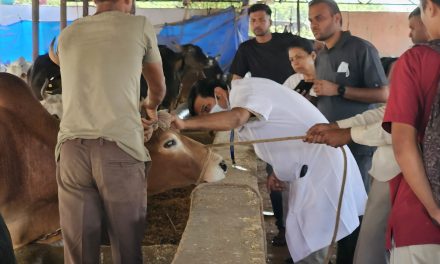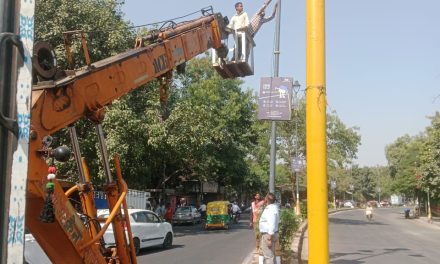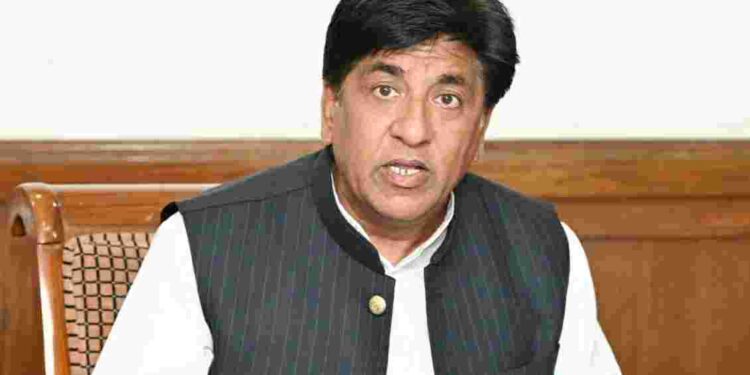Chandigarh, January 10: The Punjab government, under the leadership of Chief Minister Bhagwant Singh Mann, is set to launch the innovative ‘Nal Jal Mitra Scheme,’ aiming to provide villages across the state with essential skills in water supply management and maintenance. The initiative is a collaboration between the Department of Water Supply and Sanitation and the Ministry of Skill Development and Entrepreneurship, providing specialized training to village residents to manage and sustain their water supply systems independently. Notably, the scheme comes at no cost to participants, with the government fully covering all training fees.
Water Supply and Sanitation Minister Bram Shanker Jimpa highlighted that the primary objective of this scheme is to empower village residents through targeted skill development, enabling them to oversee and maintain their water supply systems. The training covers various aspects, from routine maintenance to minor repairs, fostering local employment while addressing village-specific water management needs. Minister Jimpa noted, “The Nal Jal Mitra scheme is part of our vision to create skilled personnel within villages, facilitating sustainable water solutions and creating job opportunities within local communities.”
Set to launch by March, the scheme introduces a 510-hour course that trains participants in diverse areas, including plumbing, electrical repairs, pump operation, and other essential skills necessary for effective water management. The Technical Education Department has designed the course curriculum, ensuring it aligns with the practical needs of rural water schemes. With nearly 12,000 villages in Punjab, the government aims to create a network of trained ‘Nal Jal Mitras,’ enhancing the resilience and sustainability of water resources at the community level.
As part of the scheme’s implementation, gram panchayats will be instrumental in nominating local residents to undergo Nal Jal Mitra training, ensuring each village has at least one designated individual skilled in water management. This approach reinforces the role of local governance in sustaining vital infrastructure, with gram panchayats working closely with the Water Supply and Sanitation Department to identify candidates and facilitate training schedules.
This initiative aligns with the broader objectives of the Jal Jeevan Mission, which emphasizes universal access to water for rural households across India. In Punjab, many gram panchayats already manage water distribution through the efforts of the Gram Panchayat Water and Sanitation Committees (GPWSC). However, the effectiveness of these water schemes hinges on locally available skilled personnel, making the Nal Jal Mitra scheme a timely intervention to ensure the longevity and efficiency of these essential services.
One significant feature of the scheme is its long-term impact on rural employment and local sustainability. By creating job opportunities within their villages, residents will be able to work close to home, contributing to their community’s well-being while gaining financial independence. The initiative also reduces dependency on external resources, with each village fostering its own skilled workforce capable of addressing immediate water infrastructure needs.
This scheme represents a step forward in sustainable village-level water management and is expected to transform the way rural communities approach their water systems. The Nal Jal Mitra program serves as a blueprint for community-driven infrastructure maintenance, further empowering villages across Punjab to manage their resources effectively.
Chief Minister Bhagwant Singh Mann’s directive to launch the Nal Jal Mitra scheme underscores the state government’s commitment to enhancing quality of life in rural areas. By equipping locals with the skills to maintain water systems independently, the initiative not only addresses current infrastructure gaps but also lays the foundation for a self-reliant and skilled rural workforce.




